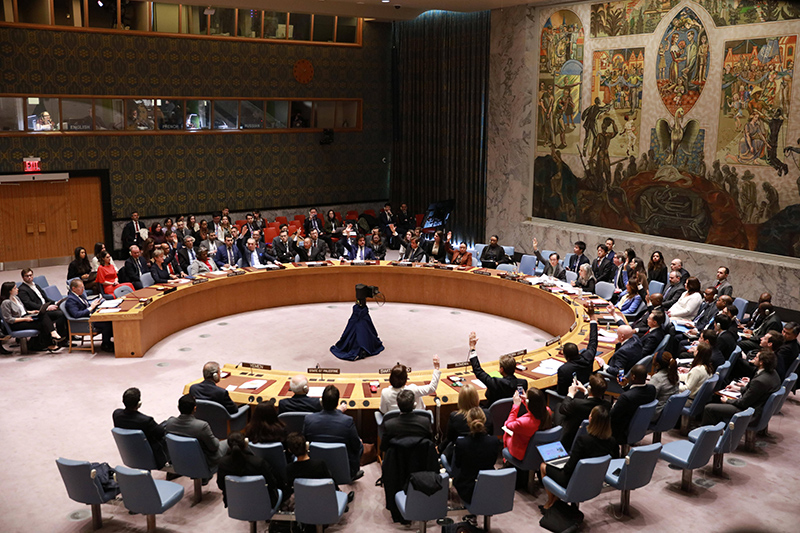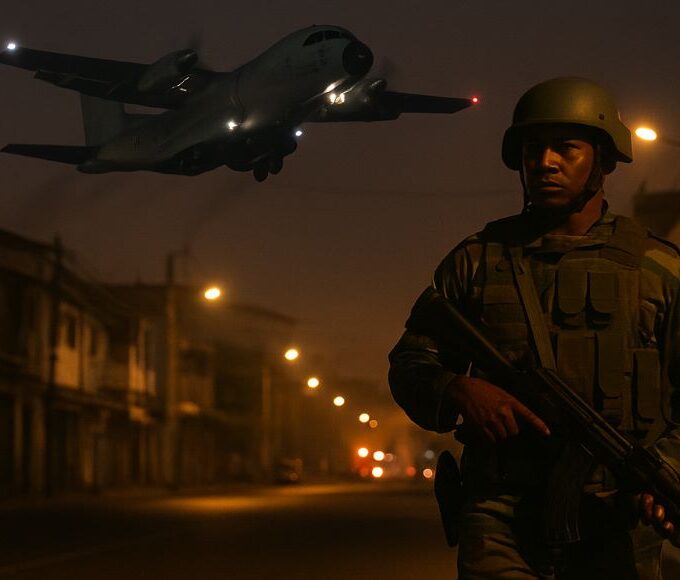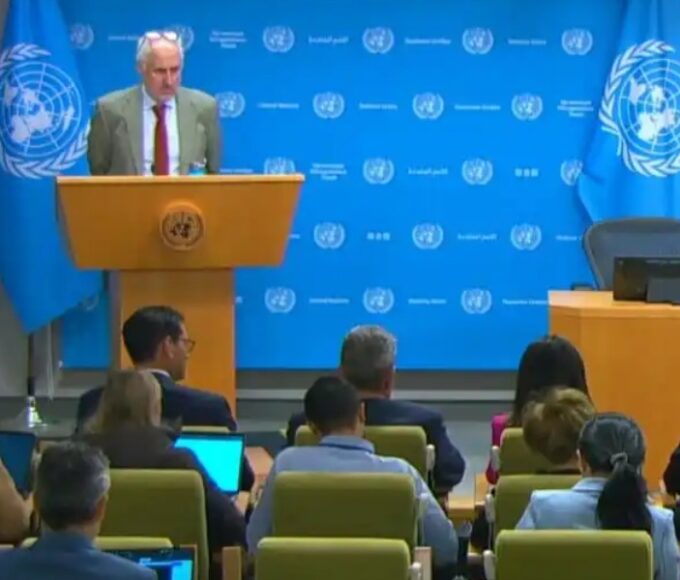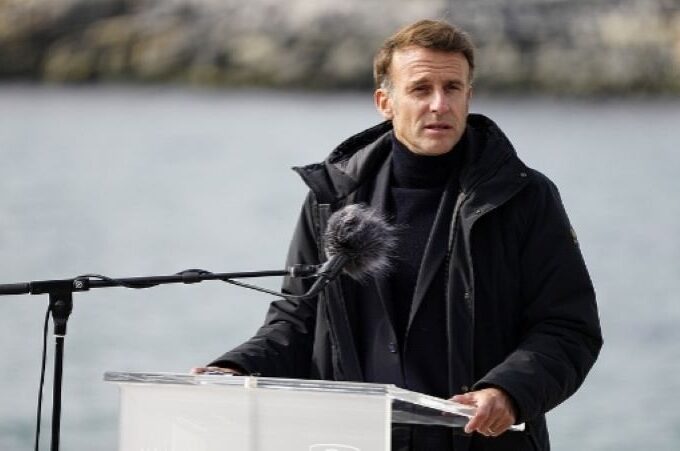On September 22nd, US time, France, Belgium, and other countries announced their official recognition of the State of Palestine, bringing the total to over 150 of the 193 UN member states. Meanwhile, Israel has remained apathetic, even claiming its goal is not limited to Gaza.
With the convening of a high-level international conference on the peaceful settlement of the Palestinian issue and the implementation of the “two-state solution,” the international community has seen another wave of recognition. The cracks in the political consensus within the Western world regarding Israel’s policy are gradually widening, further isolating Israel.
Multiple Countries Recognize the State of Palestine
On September 22nd, local time, France, Belgium, Luxembourg, Malta, and Andorra announced their official recognition of the State of Palestine at the UN headquarters in New York.
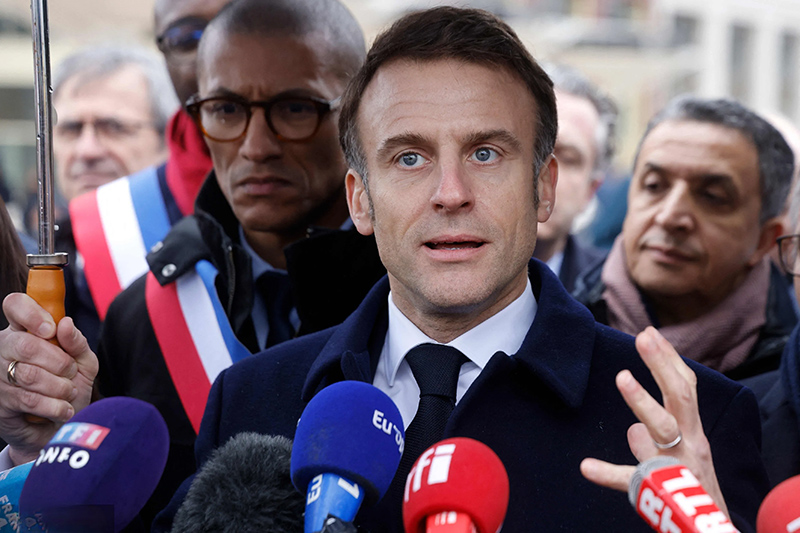
Today, over 150 of the 193 UN member states have recognized the State of Palestine, leaving the United States as the only remaining permanent member of the UN Security Council.
French President Emmanuel Macron stated that France will establish an embassy in Palestine, conditional on “all hostages being released and a ceasefire agreement being reached.”
Luxembourg Prime Minister Frieden stated that Luxembourg’s move was not directed against Israel, but rather against the actions of the Netanyahu government. The Luxembourg government believes that the current Israeli government’s actions violate the rules-based international order.
On the 18th, the UN Security Council voted on a draft resolution on a Gaza ceasefire. Fourteen of its 15 members voted in favor, while the United States, a permanent member, vetoed the resolution, preventing its passage. The Associated Press commented that this vote highlights the growing international isolation of the United States and Israel.
Israel’s Strong Response
Reject “Two-State Solution”
During a Jewish New Year toast with senior military officials on the 22nd, Israeli Prime Minister Benjamin Netanyahu declared the coming year “a historic year for Israeli security.” Israel is determined to achieve all of its war objectives, not just in the Gaza Strip, but to open up new opportunities for security, victory, and peace in all areas.
He stated that Israel must and can destroy the “Iranian axis.”
Netanyahu stated on the 21st, accusing countries that recognize Palestine of providing incentives for “terrorism” and declaring that “there will be no Palestinian state in the West Bank.” He stated that he would respond to the recognition of Palestine by multiple countries after returning from his visit to the United States.
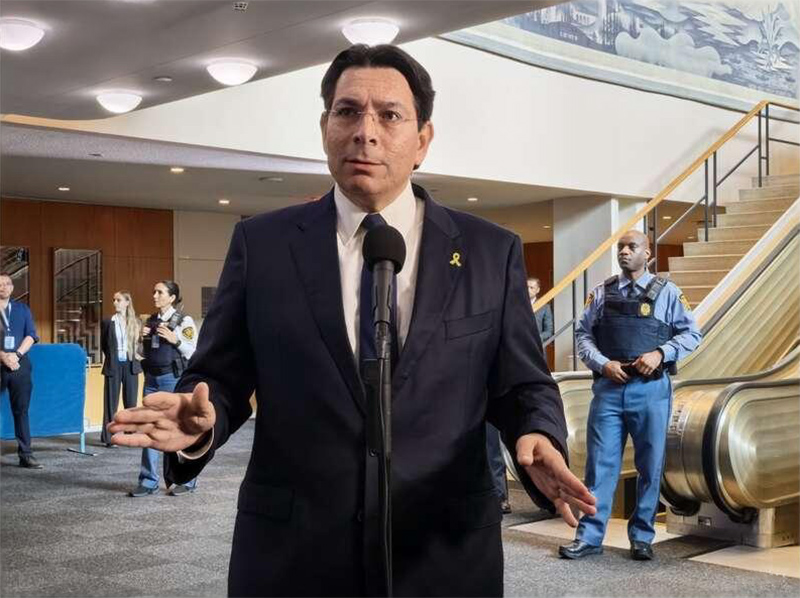
On the same day, before a high-level political conference on implementing the “two-state solution” at the United Nations, Israel’s permanent representative to the UN, Danon, called the conference a stunt to satisfy internal political concerns. Israel would continue its “counter-terrorism operations.” Danon also declared that the “two-state solution” was dead.
Not Attending the Meeting on the Palestinian-Israeli Issue
According to a letter from the Israeli delegation to the UN Security Council President, Israel will not attend the Security Council’s high-level meeting on the Palestinian-Israeli issue scheduled for local time on the 23rd.
The letter stated that the meeting coincided with the Jewish New Year, and Israel’s request to reschedule was unsuccessful, so it could not attend.
Israeli Army Expands Operational Scope
Cries for Help Fill Gaza City
Multiple countries’ recognition of the State of Palestine has not prevented Israel’s military operations in Gaza City. The Israel Defense Forces issued the latest statement on the 21st, stating that troops from the 36th Division had entered Gaza City and engaged local militants at surface and underground facilities.
The Israeli military stated that this was part of Operation Gideon’s Chariot 2, aimed at expanding the scope of operations.
According to Al Jazeera, on the 21st, Israeli missiles struck the Al-Sabrah neighborhood of Gaza City, killing 25 members of a local family without warning. Relatives of those who survived said they could still hear cries for help from the rubble.

Shift to Multilateral Mediation for the Palestinian-Israeli Issue
Some analysts believe that Western countries’ recognition of the State of Palestine is primarily driven by strong dissatisfaction with the ongoing humanitarian crisis in Gaza and concerns that aggressive US and Israeli actions are undermining the foundation for a two-state solution. This UN General Assembly meeting marked a significant turning point, reflecting the widening cracks in the Western consensus on Israeli policy.
Analysts suggest that, given the current context of multiple countries formally recognizing the State of Palestine, this may have a limited short-term impact on easing the conflict in Gaza and the West Bank. However, in the medium to long term, it may still push the Israeli-Palestinian conflict towards a multilateral mediation framework, paving the way for the resurgence of the two-state solution.


